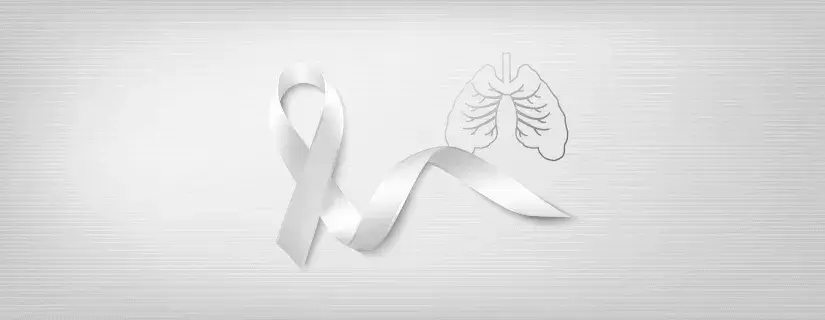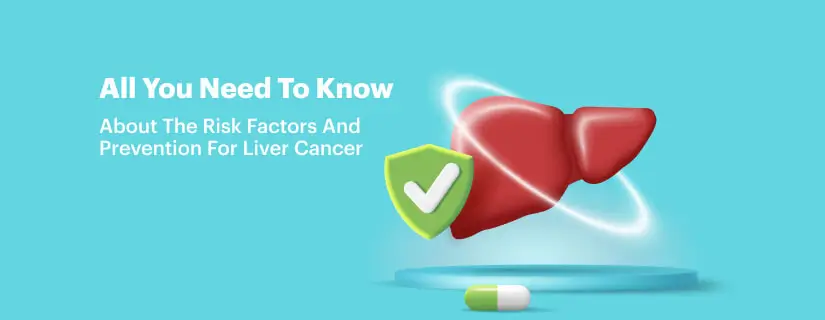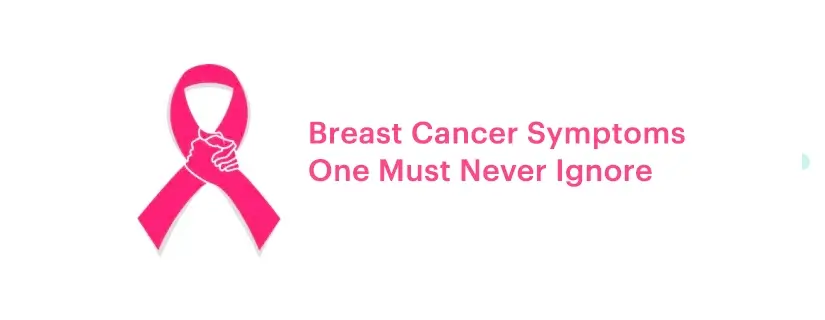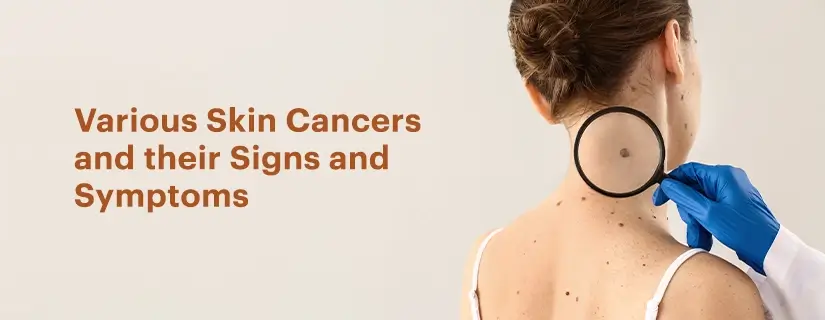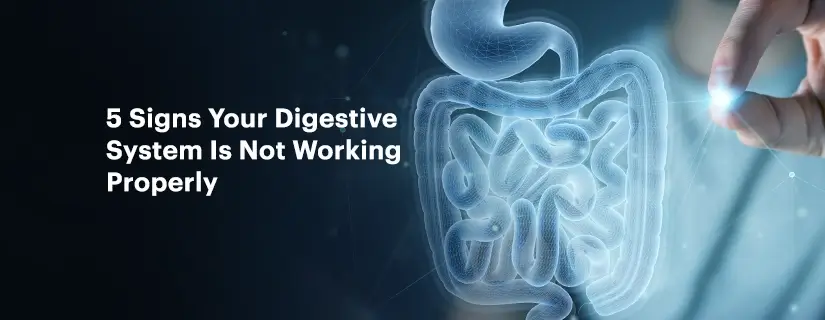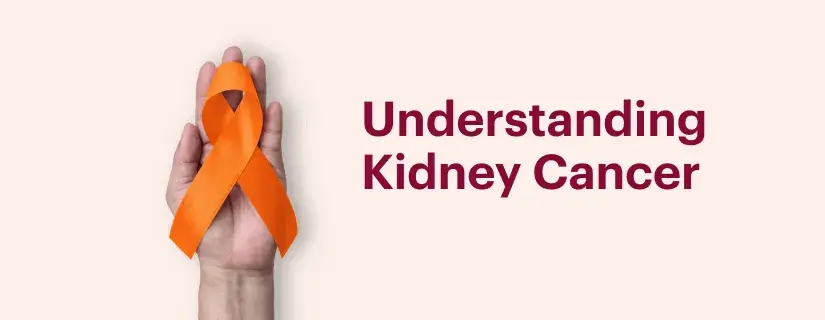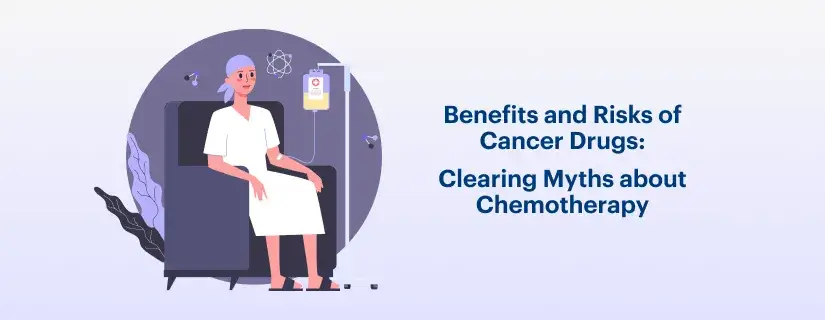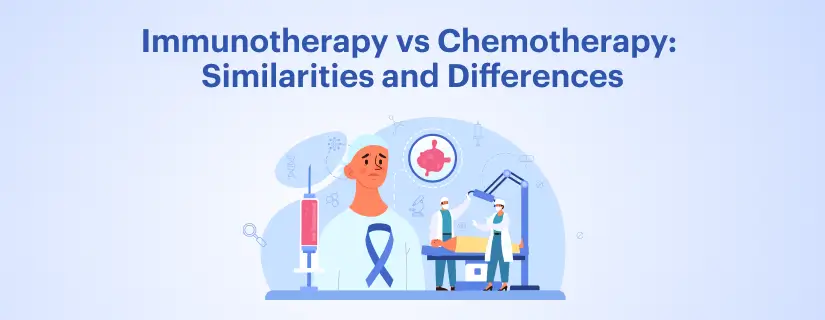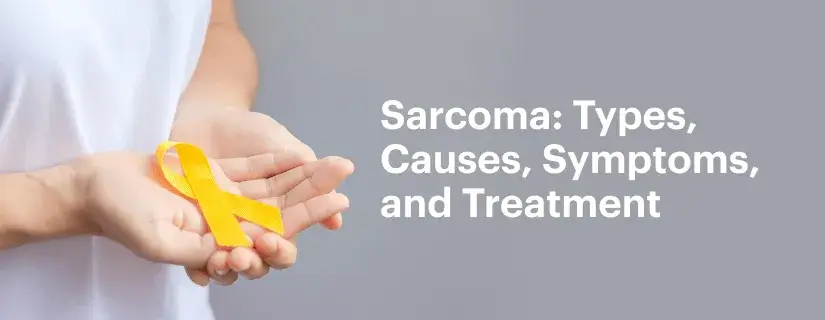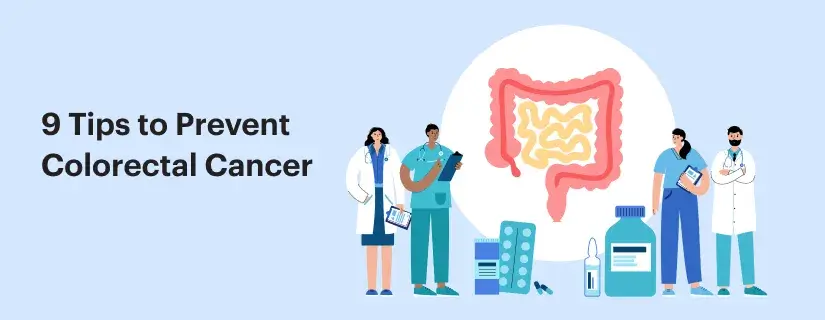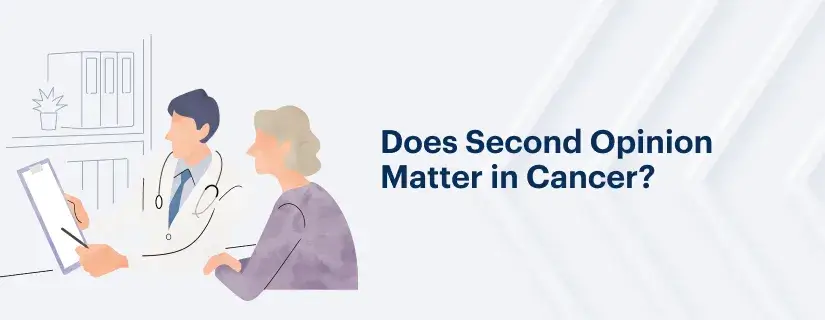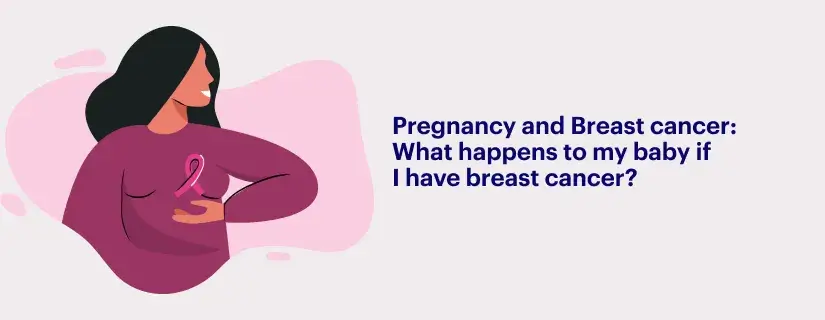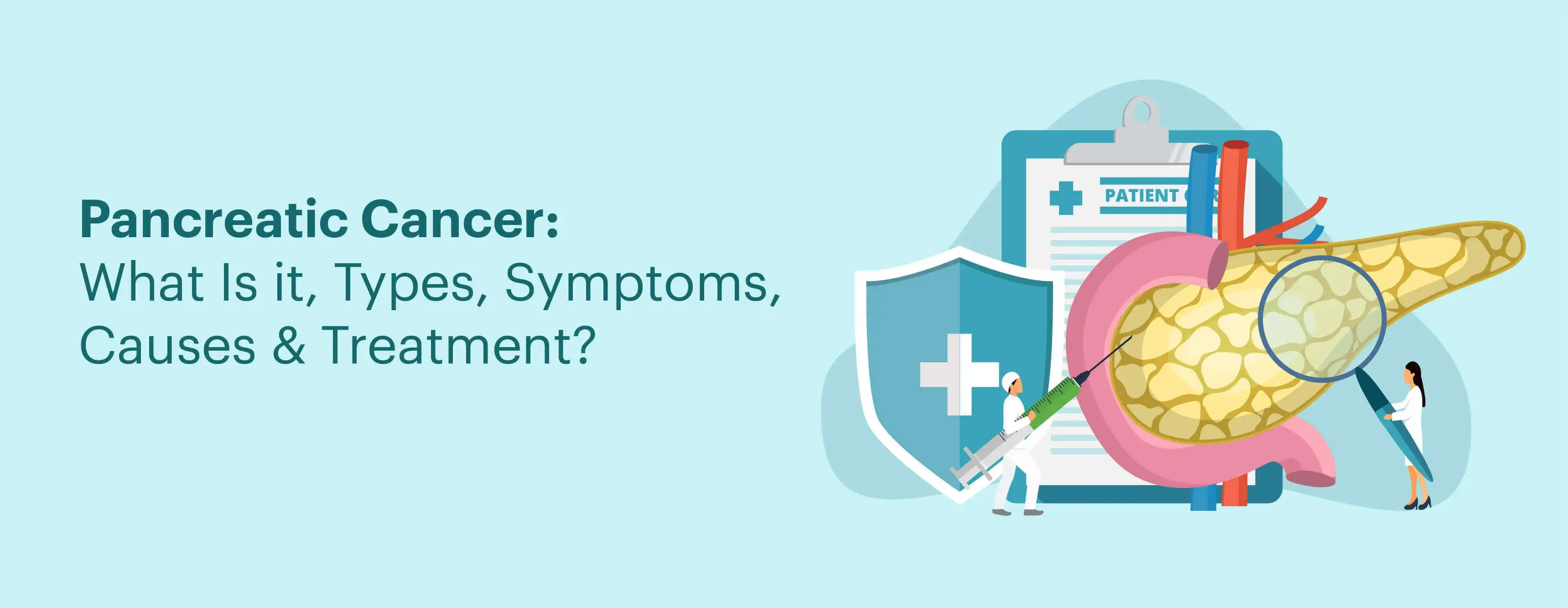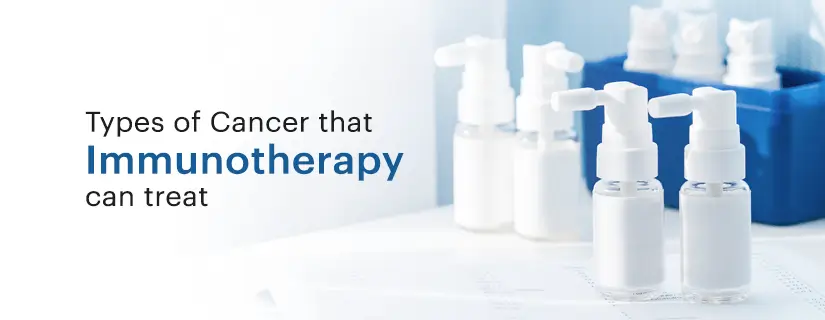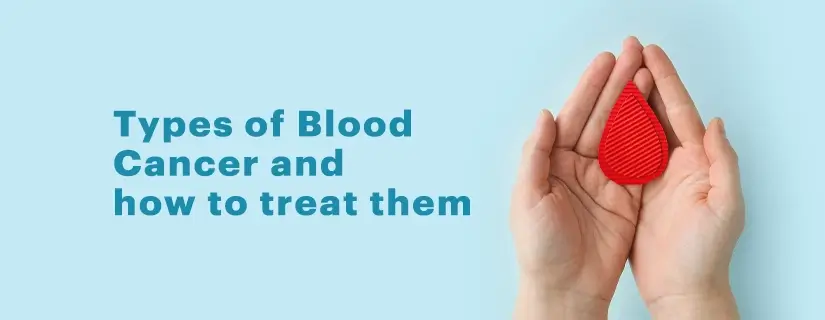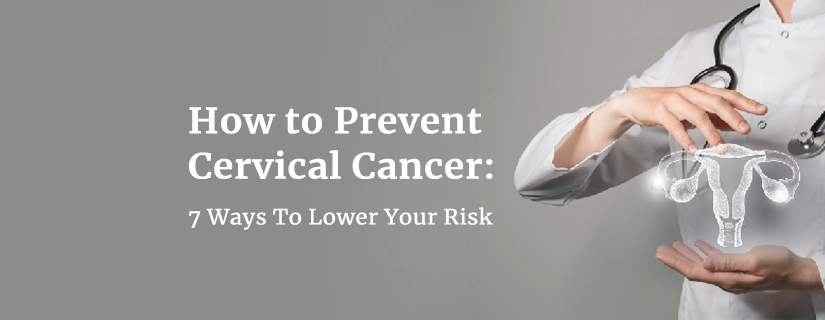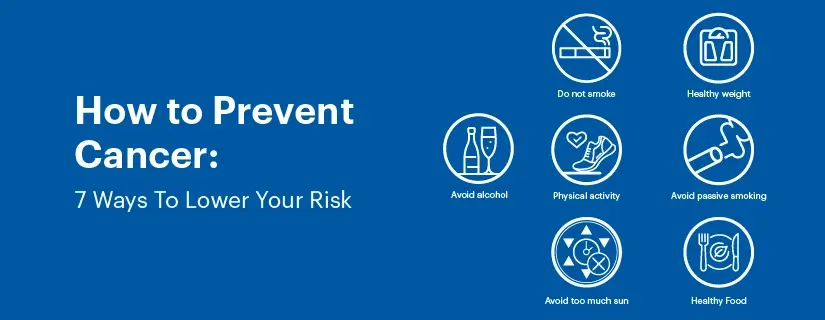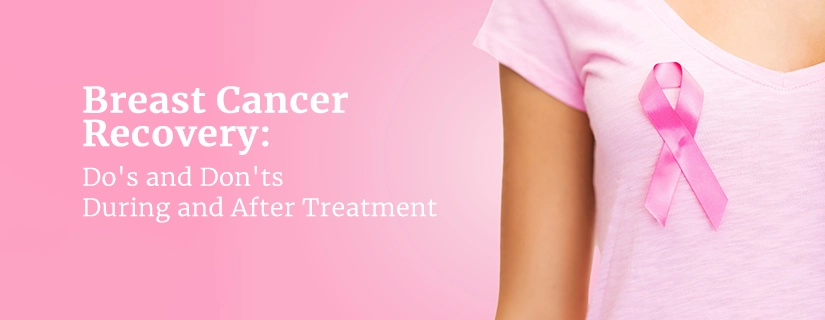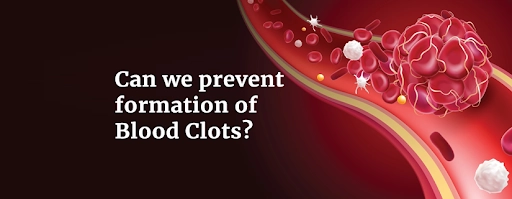-
Doctors
-
Specialities & Treatments
Centre of Excellence
Specialties
Treatments and Procedures
Hospitals & Directions HyderabadCARE Hospitals, Banjara Hills CARE Outpatient Centre, Banjara Hills CARE Hospitals, HITEC City CARE Hospitals, Nampally Gurunanak CARE Hospitals, Musheerabad CARE Hospitals Outpatient Centre, HITEC City CARE Hospitals, Malakpet
HyderabadCARE Hospitals, Banjara Hills CARE Outpatient Centre, Banjara Hills CARE Hospitals, HITEC City CARE Hospitals, Nampally Gurunanak CARE Hospitals, Musheerabad CARE Hospitals Outpatient Centre, HITEC City CARE Hospitals, Malakpet Raipur
Raipur
 Bhubaneswar
Bhubaneswar Visakhapatnam
Visakhapatnam
 Nagpur
Nagpur
 Indore
Indore
 Chh. Sambhajinagar
Chh. SambhajinagarClinics & Medical Centers
Book an AppointmentContact Us
Online Lab Reports
Book an Appointment
Consult Super-Specialist Doctors at CARE Hospitals
Lung Cancer Screening: Purpose, Preparation, Procedure and Eligibility
Updated on 13 June 2024
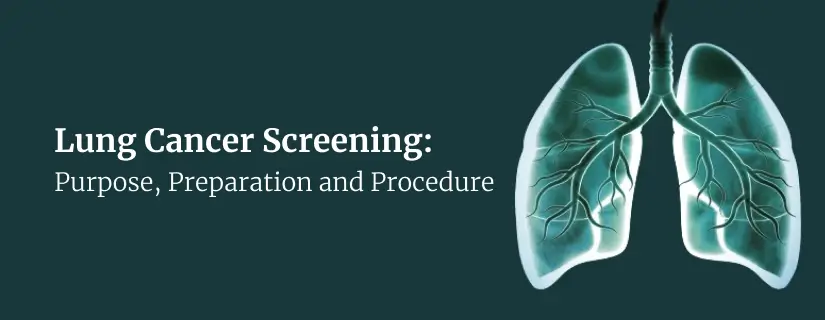
Going for the recommended routine lung cancer screening is a proactive choice for early detection and better health outcomes. In this informational blog, we will unravel the essentials - from the purpose and eligibility to the procedure and associated considerations of lung cancer screening.
Purpose of Lung Cancer Screening
The real purpose of lung cancer screening is to find the disease early when treatment can be more effective. It's like a proactive early check to catch any signs of lung cancer before symptoms show up. This screening is recommended for people at a higher risk, like those who have smoked a lot or still do.
Eligibility for Screening
There are several factors that determine eligibility for lung cancer screening.
- Typically, individuals between 55 and 80 years old with a history of smoking or current smokers who have smoked heavily fall into the eligible category.
- Smoking history is measured in pack years, which considers the number of packs smoked per day multiplied by the total years of smoking.
- If you have around 20 or more pack-year history in the last 15 years, it's important to consider screening to catch any potential issues early.
- However, not everyone needs screening, so it's best to discuss your specific situation with your pulmonologist to determine if you meet the eligibility criteria.
Screening Recommendations
The duration of lung cancer screening recommendations depends on individual risk factors. Generally, it's advised that those eligible undergo screening annually. Annual screening becomes a consistent tool for monitoring and diagnosing potential issues early.
Preparation for Lung Cancer Screening
- Comfortable Attire: Wear comfortable clothing on the screening day.
- Avoid Metal Accessories: Leave behind any metal accessories like jewellery or belts.
- Medical History Disclosure: Inform pulmonologists about any history of contrast allergies or kidney issues.
- Be Relaxed: Stay relaxed; the screening procedure is straightforward and painless.
- Minimal Preparation: There's minimal preparation involved, making it a hassle-free process.
- Arrive On Time: Ensure punctuality on the screening day to allow for a smooth process.
- Follow Provider's Instructions: Adhere to any specific instructions provided by your pulmonologist before the screening.
- Bring Identification: Carry any necessary identification or paperwork as per the healthcare facility's requirements.
- Ask Questions: Feel free to ask any questions or seek clarification about the screening process from the healthcare staff.
- Relaxation Techniques: Consider practising relaxation techniques if feeling anxious before the screening, as it is a routine and non-invasive procedure.
Procedure of Lung Cancer Screening
Low-Dose CT Scan: The primary tool for low-dose lung cancer screening is a Computed Tomography (CT) scan. This specialised X-ray machine takes detailed pictures of your lungs.
The procedure of lung cancer screening involves a series of steps designed to capture detailed images of the lungs, aiding in the early detection of potential issues. Here's a breakdown of what typically happens during a lung cancer screening:
- Arrival and Check-In: Upon arrival at the healthcare facility, you'll check in and provide any necessary paperwork or identification.
- Preparation: You'll be asked to change into a gown and remove any metal objects, like jewellery or accessories, as they can interfere with the imaging.
- Patient Positioning: You'll be positioned on a comfortable examination table, usually lying on your back.
- Radiation Exposure: The amount of radiation used in a low-dose CT scan is kept minimal, ensuring safety. The benefits of early cancer detection outweigh the very low risk of radiation exposure, especially for individuals at a higher risk of lung cancer.
- Breath-Hold Instructions: During the scan, you may receive instructions to hold your breath for a short period. This helps in capturing clear images by minimising motion artefacts.
- Quick and Painless: The entire process is quick and painless, typically lasting only a few minutes. You'll be asked to remain still during the scan to ensure the clarity of the images.
- Image Analysis: The images obtained from the scan are then analysed by radiologists. They look for any abnormalities or signs of lung cancer, such as nodules or masses.
- Follow-Up Recommendations: Depending on the results, your pulmonologist will discuss the findings with you. If everything appears normal, you might be scheduled for regular annual screenings. In case of any abnormalities, further diagnostic tests or follow-up screenings may be recommended.
- Discussion with pulmonologist: After the procedure, you'll have the opportunity to discuss/ ask any concerns/ questions with your pulmonologist. They will guide you on the next steps based on the screening results.
Risks Associated with Lung Cancer Screening
Chances or risks are minimal, but the risks that are associated with lung cancer screening are mentioned below.
- False Positives: There is a risk of false-positive results, where the screening may indicate the presence of cancer when it's not actually there. This can lead to unnecessary anxiety, requiring more invasive tests.
- Radiation Exposure: Although low, there is a minimal risk of radiation exposure from the low-dose CT scans used in lung cancer screening. This risk is particularly important for individuals with a low overall risk of developing lung cancer.
- Overdiagnosis: Screening might identify abnormalities that may never cause harm, leading to overdiagnosis. This means treating conditions that may not have posed a health threat, potentially causing unnecessary interventions.
- Psychological Impact: Positive results, even if false, can have a psychological impact on individuals, causing stress and worry until further tests confirm or rule out cancer.
- Cost & Resources: Follow-up tests and treatments stemming from screening can have financial implications and may strain healthcare resources.
It's crucial to weigh the risks against the potential benefits of early detection, and individuals should discuss any concerns with their pulmonologist before opting for lung cancer screening.
Conclusion
By grasping the nuances of lung cancer screening, we equip ourselves to make informed decisions about our well-being. From preparation to the screening process and discussions with pulmonologists, each step becomes a proactive measure against potential challenges. Let's embrace awareness and early detection as pillars of lasting health.
FAQs
Q1. When will I receive the results of my lung cancer screening?
You can expect to get the results of your lung cancer screening within approximately one week. Your pulmonologist will then go over the findings with you and provide guidance on any necessary follow-up steps.
Q2. What should I do if I have a positive lung scan?
If you receive a positive lung scan, don't panic. It doesn't necessarily mean cancer. Follow your pulmonologist's guidance for further tests, like a biopsy, to confirm the diagnosis and discuss appropriate next steps.
ENQUIRY FORM
SELECT CATEGORIES
-
Neurosciences (16)
-
Neurology (37)
-
Neurosurgery (14)
-
Orthopaedics (48)
-
Oncology (33)
-
Obstetrics and gynecology (51)
-
Pulmonology (23)
-
Urology (20)
-
Nephrology (13)
-
Psychiatry (7)
-
Dietetics and Nutrition (111)
-
General Medicine (63)
-
Cardiac Sciences (30)
-
Vascular & Endovascular Surgery and Interventional Radiology (10)
-
Gastroenterology (46)
-
Endocrinology (23)
-
Plastic Surgery (10)
-
Critical Care Medicine (5)
-
COVID-19 (16)
-
Dermatology (16)
-
Emergency Care (1)
-
Ophthalmology (4)
-
Pediatrics (14)
-
Laparoscopic and Bariatric Surgery (8)
-
ENT (15)
-
Kidney Transplant (1)
-
Liver Transplantation and Hepatobiliary Surgery (5)
-
General Surgery (3)
-
Internal Medicine (5)
-
Medicine Information
Gastric Cancer: Causes, Symptoms, Diagnosis & Treatment
Pancreatic Cancer: Symptoms, Causes, Diagnosis, Treatment & More
YOU MAY ALSO LIKE
RECENT BLOGS
-

Direct Anterior Approach in Total Hip Replacement: Advantages and Challenges
10 April 2025
Read More
-

Zinc Deficiency: Signs and Symptoms, Causes, Treatment
9 April 2025
Read More
-

Chest Pain When Coughing: Causes, Treatment and Home Remedies
9 April 2025
Read More
-

12 Health Benefits of Eating Mushrooms
8 April 2025
Read More
-

7 Health Benefits of Blood Donation You Should Know About
8 April 2025
Read More
-

Implantation Bleeding Vs Periods: Know the Difference
28 February 2025
Read More
-

Bloating During Ovulation: Symptoms, Causes and Remedies
28 February 2025
Read More
-

Itching During Dengue: Causes, Treatment and Home Remedies
18 February 2025
Read More
Have a Question?
If you cannot find answers to your queries, please fill out the enquiry form or call the number below. We will contact you shortly.





